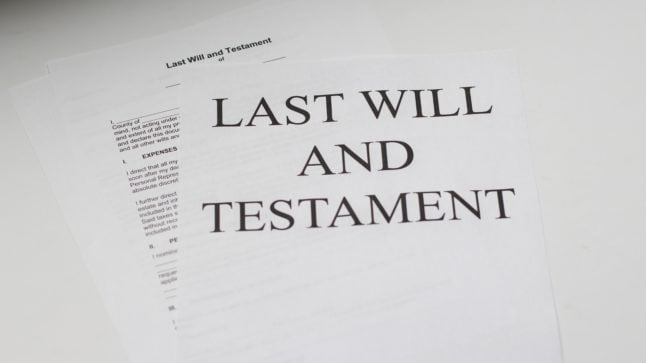Over the coming weeks, several hundred of the 24-hour postal self-service points will be opened at select Aldi locations, German news magazines Focus and <Der Spiegel reported.
“The Aldi branches are in very good locations,” Claus Korfmacher, spokesman for Deutsche Post subsidiary DHL said.
The parcel delivery service is counting on widespread public acceptance of the automated stations. By the end of 2009, the number of the yellow boxes is expected to almost triple to some 2500 Packstations.
Following the expansion, which will reportedly cost Deutsche Post as much as €30 million ($45 million), 90 percent of the population will be within a 10-minute journey from one of the self-service points.
In mid-June, Deutsche Post announced plans to switch around 750 of its branches to privately managed postal agencies. Although 2000 staff will be affected by the change, the company says there will be no lay-offs.




 Please whitelist us to continue reading.
Please whitelist us to continue reading.